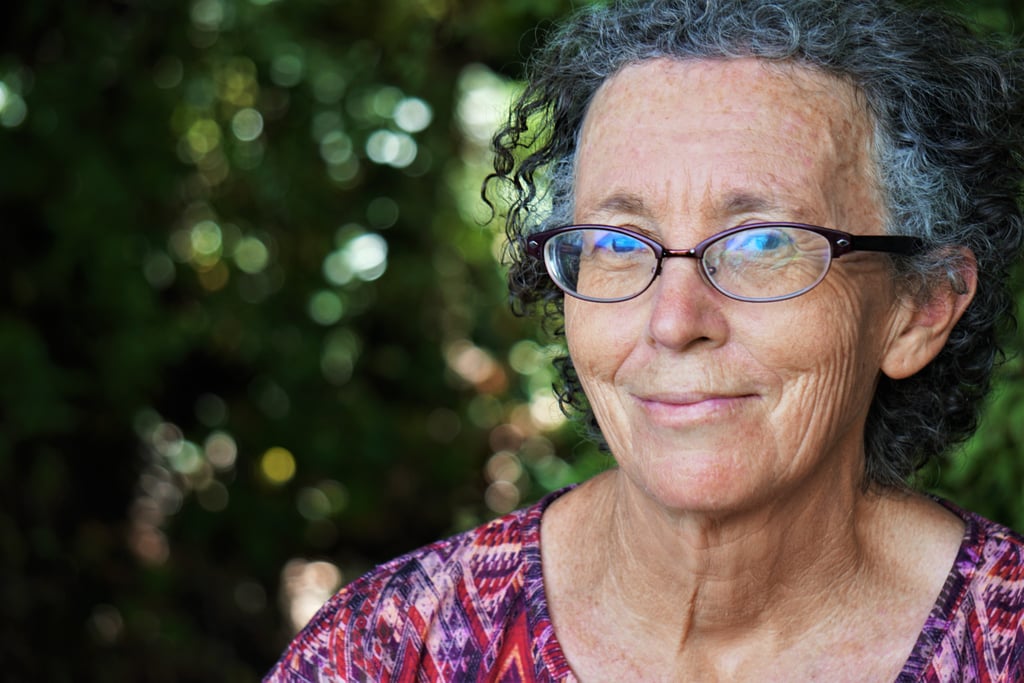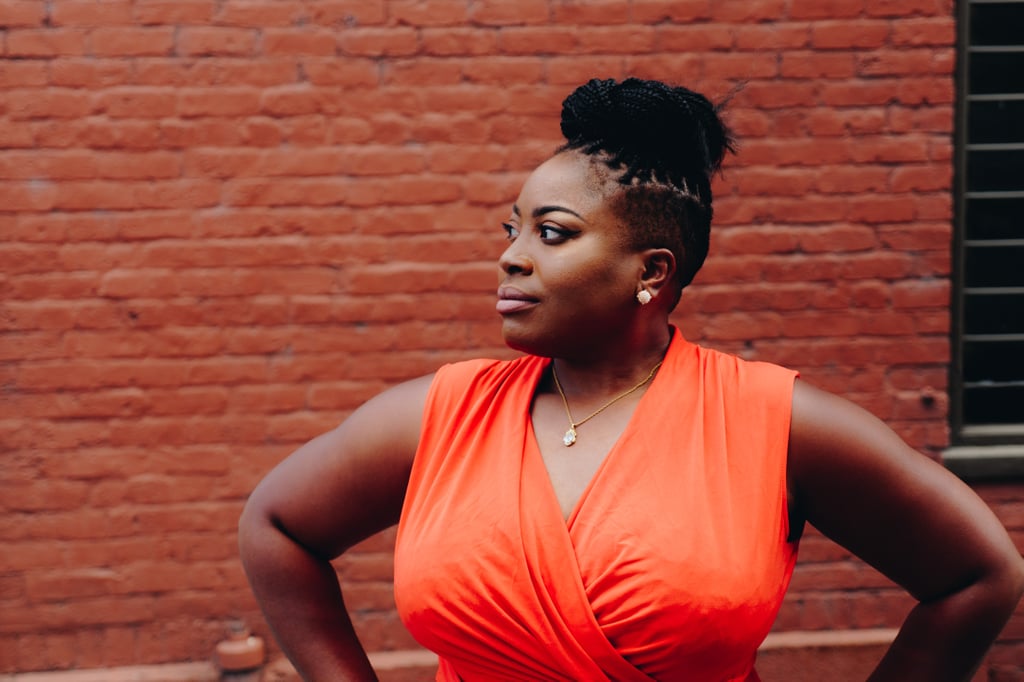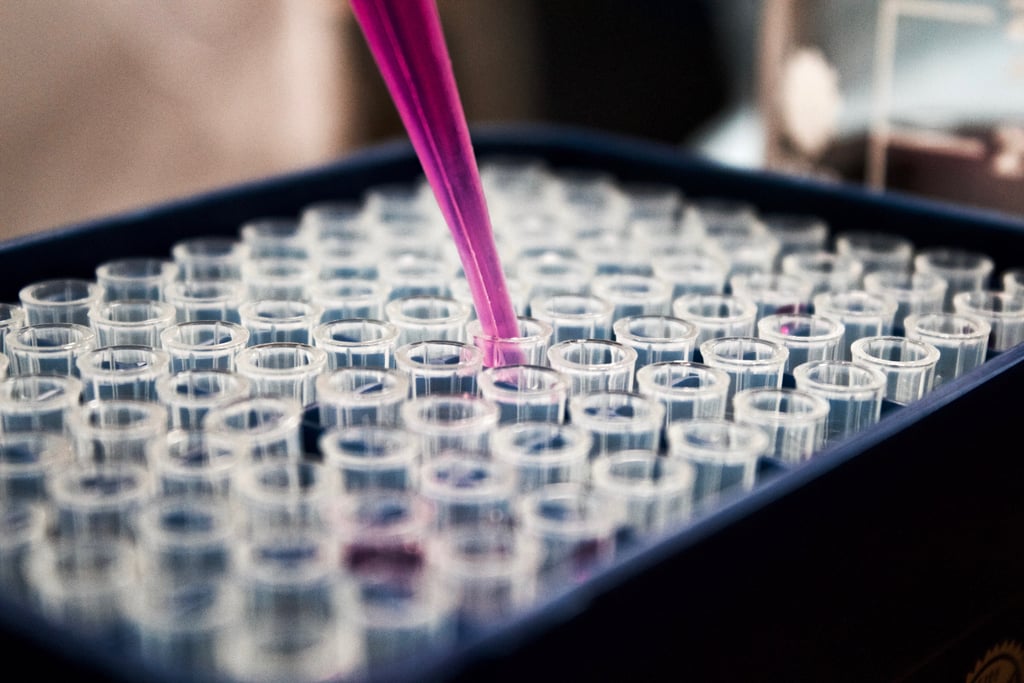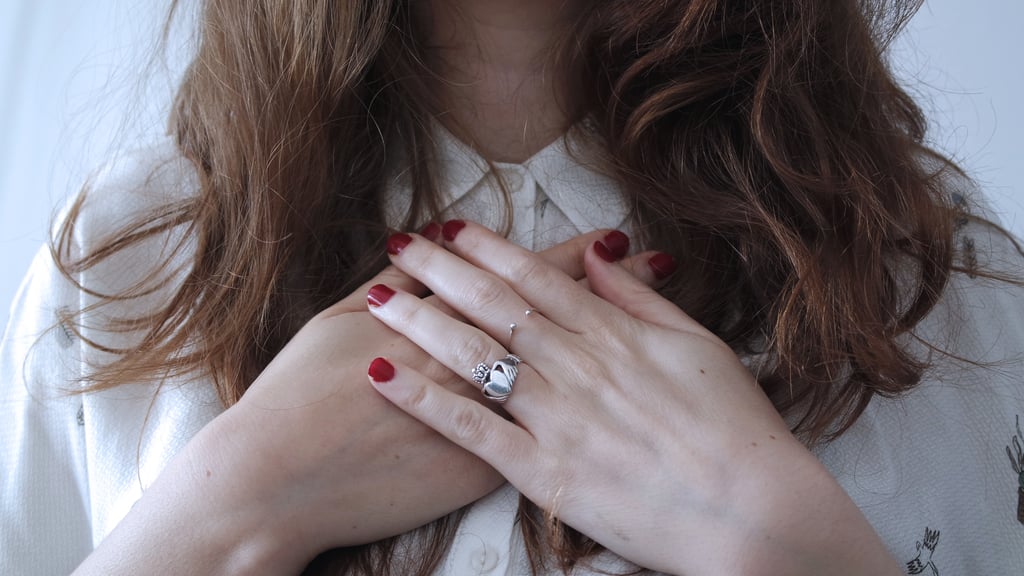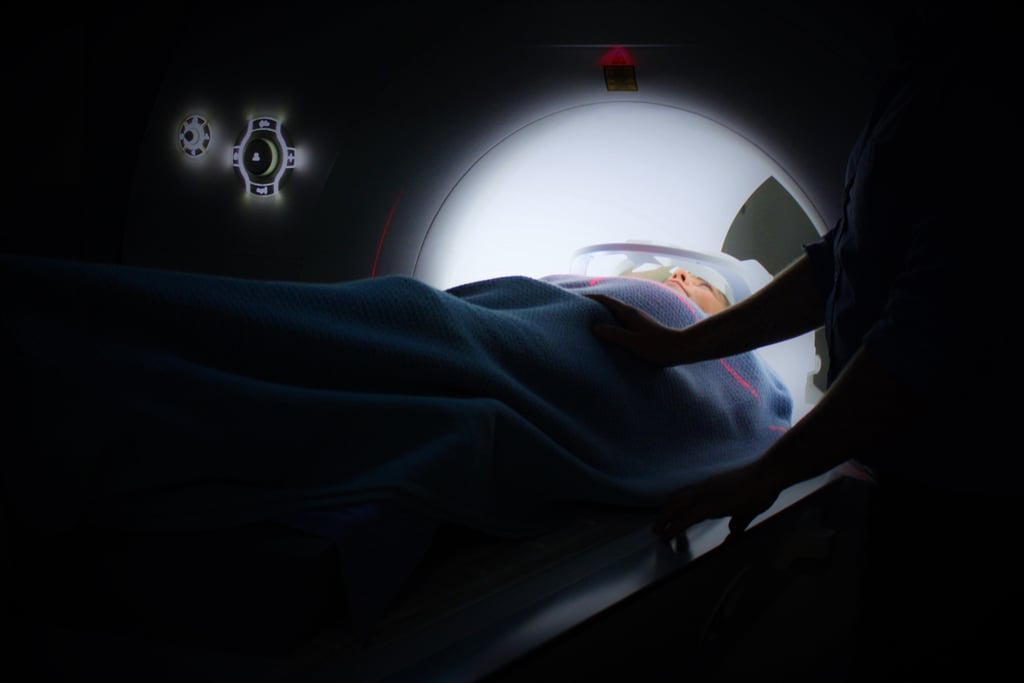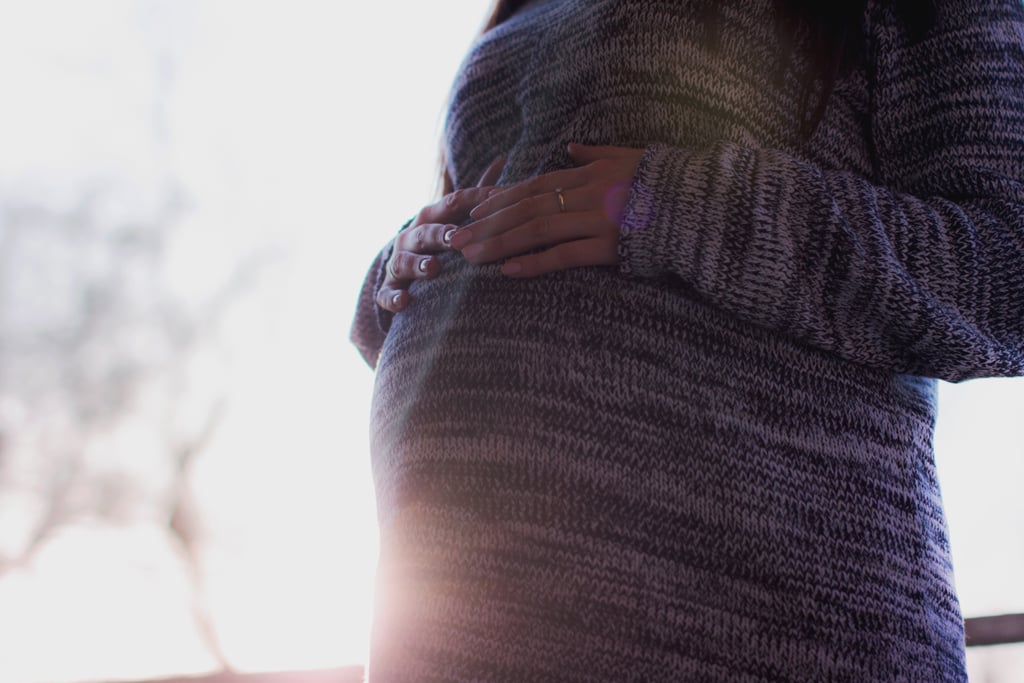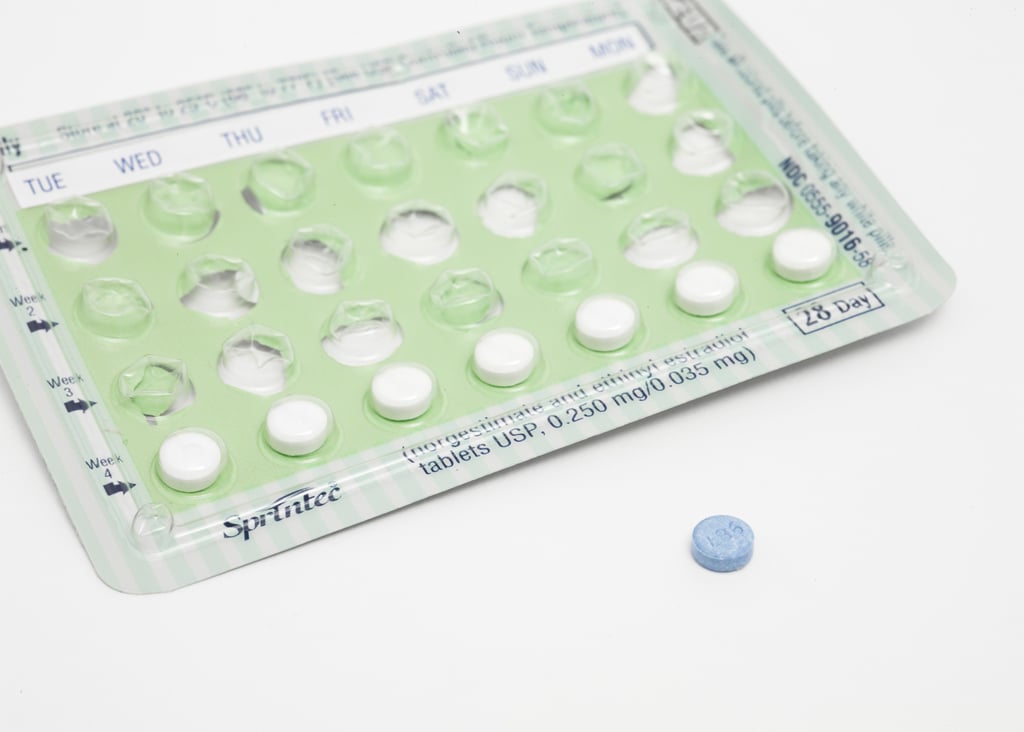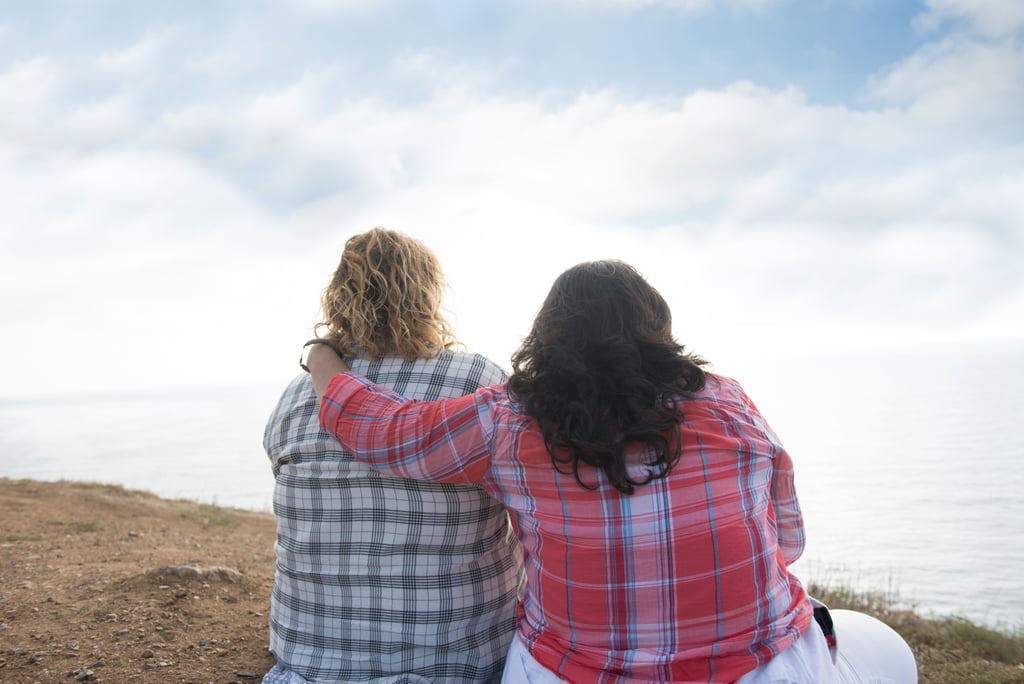According to Cancer Research UK, breast cancer is the most common cancer in the UK [1], with one woman diagnosed every 10 minutes. And while the risk for developing breast cancer increases as you age, there are other risk factors that contribute to the likelihood of developing breast cancer in your lifetime.
The US Centres For Disease Control (CDC) [2] have outlined eight risk factors you can't change and five that you can. We also talked to doctors and breast cancer experts, who explained what these risk factors mean and how you can decrease your likelihood of developing breast cancer. You should start getting screened for breast cancer at age 40 [3], with regular mammograms until you are 54. But it's never too early to start doing breast self-exams [4].
You Can't Change: Getting Older
The CDC says that most breast cancers are diagnosed after age 50. Although the recommendations are constantly changing, cancer.org recommends women start getting regular mammograms at age 40 [5] and definitely get them every year by age 45.
You Can't Change: Family History of Breast Cancer
If a woman has a first-degree relative with breast cancer, such as a mother, sister, or daughter (or a male relative), her risk for breast cancer increases. It also increases if she has multiple family members on either her mother's or father's side who have had breast cancer.
"For women of average risk, I recommend beginning annual mammograms at age 40," Linda Greer, MD, the medical director at HonourHealth Breast Health and Research Centre [6], told POPSUGAR. "Women with a family or personal history of breast cancer do have a higher risk of developing breast cancer during their lifetime, and so it's advised that you speak with your doctor, as earlier screening may be necessary."
However, she added that if you don't have a family history of breast cancer, you're not in the clear; nearly 80 percent of women who are diagnosed with breast cancer have no family history of the disease.
You Can't Change: Having Dense Breasts
Since dense breasts have more connective tissue than fatty tissue, it can be hard to spot tumours on a mammogram.
"Women with very dense breasts are also four to five times more likely to develop breast cancer than women with less dense breasts," Dr. Greer said. "Because breast density is only identifiable on a mammogram or other imaging modalities, regular screening is imperative."
She noted that not all mammograms are created equal; a recent study [7] found that digital breast tomosynthesis (DBT), or 3D screening mammography, is more efficient than digital (2D) mammograms.
You Can't Change: Genetic Mutations
Inherited gene mutations, such as the BRCA1 and BRCA2 genes, lead to a higher risk of breast and ovarian cancer.
You Can't Change: Personal History of Breast Cancer or Certain Noncancerous Breast Diseases
Women who have had breast cancer previously are more likely to get it a second time. Other cancers, such as atypical hyperplasia [8] or lobular carcinoma in situ [9], are also linked to a higher risk of breast cancer.
You Can't Change: Personal Reproductive History
If you got your period before the age of 12 and started menopause after the age of 55, you have been exposed to hormones longer, which raises your risk of getting breast cancer.
You Can't Change: Previous Treatment Using Radiation Therapy
If you were exposed to radiation therapy to the chest or breasts before the age of 30, such as with the treatment of Hodgkin's lymphoma, it increases your risk of getting breast cancer later in life.
You Can't Change: Women Who Took the Drug Diethylstilbestrol (DES)
Diethylstilbestrol (DES) was given to some pregnant women in the US between 1940 and 1971 to prevent miscarriages, but it increases your risk for breast cancer. The same is true for women whose mothers took DES while pregnant with them.
You Can Change: Pregnancy History
If you had your first pregnancy after age 30, didn't breastfeed, or never had a full-term pregnancy, it can raise your breast cancer risk.
You Can Change: Drinking Alcohol
Studies have found [10] that a woman's risk for breast cancer increases with alcohol use.
You Can Change: Taking Hormones
Certain birth control pills have been found to raise breast cancer risk. Also, some forms of hormone replacement therapy, including progesterone and estrogen, raise the risk for breast cancer if taken for more than five years.
You Can Change: Not Being Physically Active
Women who don't work out regularly and aren't physically active have a higher risk of getting breast cancer. In fact, studies have found that physical activity can help prevent breast cancer [11].
You Can Change: Being Overweight or Obese After Menopause
Older women who are overweight or obese after menopause have a higher risk of developing breast cancer.
